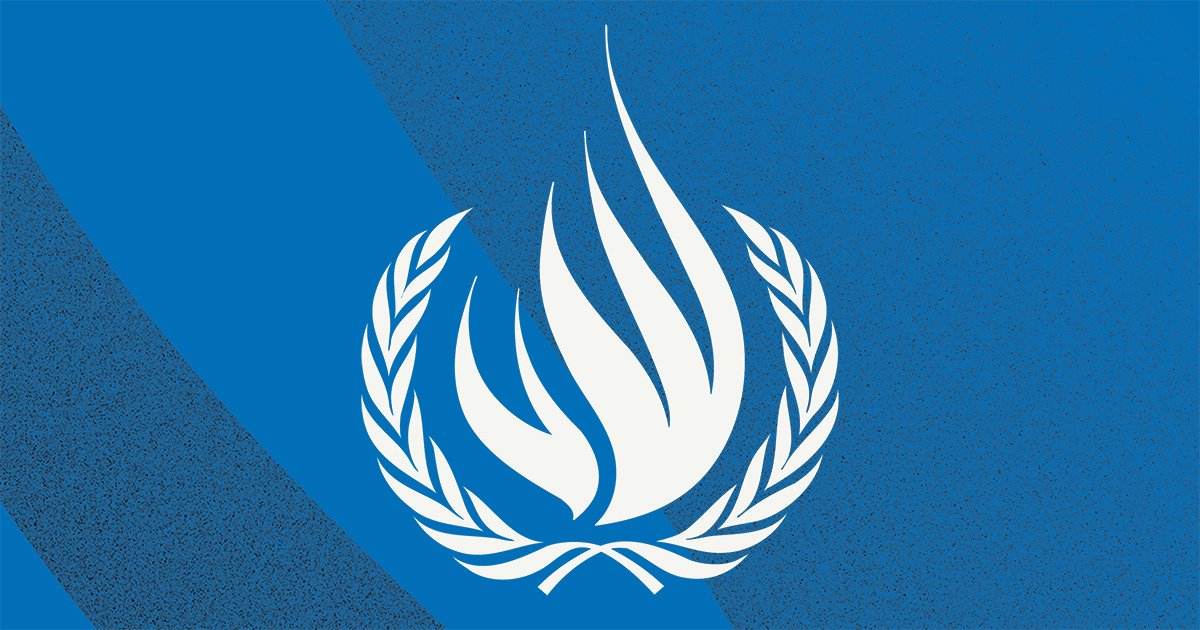VADUZ (26 June 2023) – Liechtenstein has made efforts to address the financial secrecy that has negatively affected its reputation, but more can be done, a UN expert on foreign debt said today.
“It is time for Liechtenstein to become more proactive in terms of international cooperation and collaboration and not only by joining the International Monetary Fund (IMF),” said Attiya Waris, the UN Independent Expert on foreign debt, international financial obligations and human rights.
Sharing her preliminary conclusions at the end of her visit to the country today, Waris acknowledged the specific challenges of being a small landlocked country and in enacting regional regulations. She noted the good initiatives undertaken, including on non-conviction-based asset confiscation, Finance Against Slavery and Trafficking (FAST), as well as innovations in the areas of finance, technology, and law.
“Liechtenstein should not address its international human rights obligations incidentally through the incorporation of European legislation only. Implementing its international human rights obligations require clear national human rights strategies with benchmarks and human rights indicators to assess progress”, she said.
The expert welcomed the intention to ratify the UN Convention on the Rights of Persons with Disabilities and encouraged the authorities to develop a clear strategy for its implementation, including funding and stakeholder oversight.
The expert identified a number of areas for improvement, including transparency of financial flows, trustees and ensuring that financial investments that do not harm human rights or the environment, and more regular data collection and assessment. She also mentioned in the field of financial flows transparency, trustees, supply chains and more regular collection and assessment of data.
“While it is commendable that Liechtenstein has looked inward for several decades with good progress, focusing on risk mitigation and stability, it should now look outward and beyond Europe to its responsibilities as a member of the international community, focusing on its role in international cooperation and collaboration for the realization of human rights of all Peoples around the world,” Waris said.
“Building a fiscally legitimate State requires not only efficiency and effectiveness, but also transparency and accountability with clear lines of responsibility, while ensuring a fair and just process and engagement,” she said.
The expert will present her report to the Human Rights Council in March 2024.
ENDS
Ms Attiya Waris (Kenya) took up the function of Independent Expert on the effects of foreign debt and other related international financial obligations of States on the full enjoyment of all human rights, particularly economic, social and cultural rights on 1 August 2021. She holds a PhD in Law and is a specialist in Fiscal Law, Policy and Development. Ms Waris teaches at the Law School, University of Nairobi, Kenya and has previously taught in South Africa, Rwanda, Malaysia and the United Kingdom. Ms Waris has researched and published on global and regional issues. She published ‘Tax and Development’ (2013) offering links between tax and human rights and her more recent publication ‘Financing Africa’ is the first publication globally to map out African fiscal systems.
Follow the Independent Expert’s work on Twitter: @IEfinanceHRs
The Independent Experts and Special Rapporteurs are part of what is known as the Special Procedures of the Human Rights Council. Comprising the largest body of independent experts in the UN Human Rights system, Special Procedures is the general name of the Council’s independent fact-finding and monitoring mechanisms that address either specific country situations or thematic issues in all parts of the world. Special Procedures experts work on a voluntary basis; they are not UN staff and do not receive a salary for their work. They are independent from any government or organization and serve in their individual capacity.

